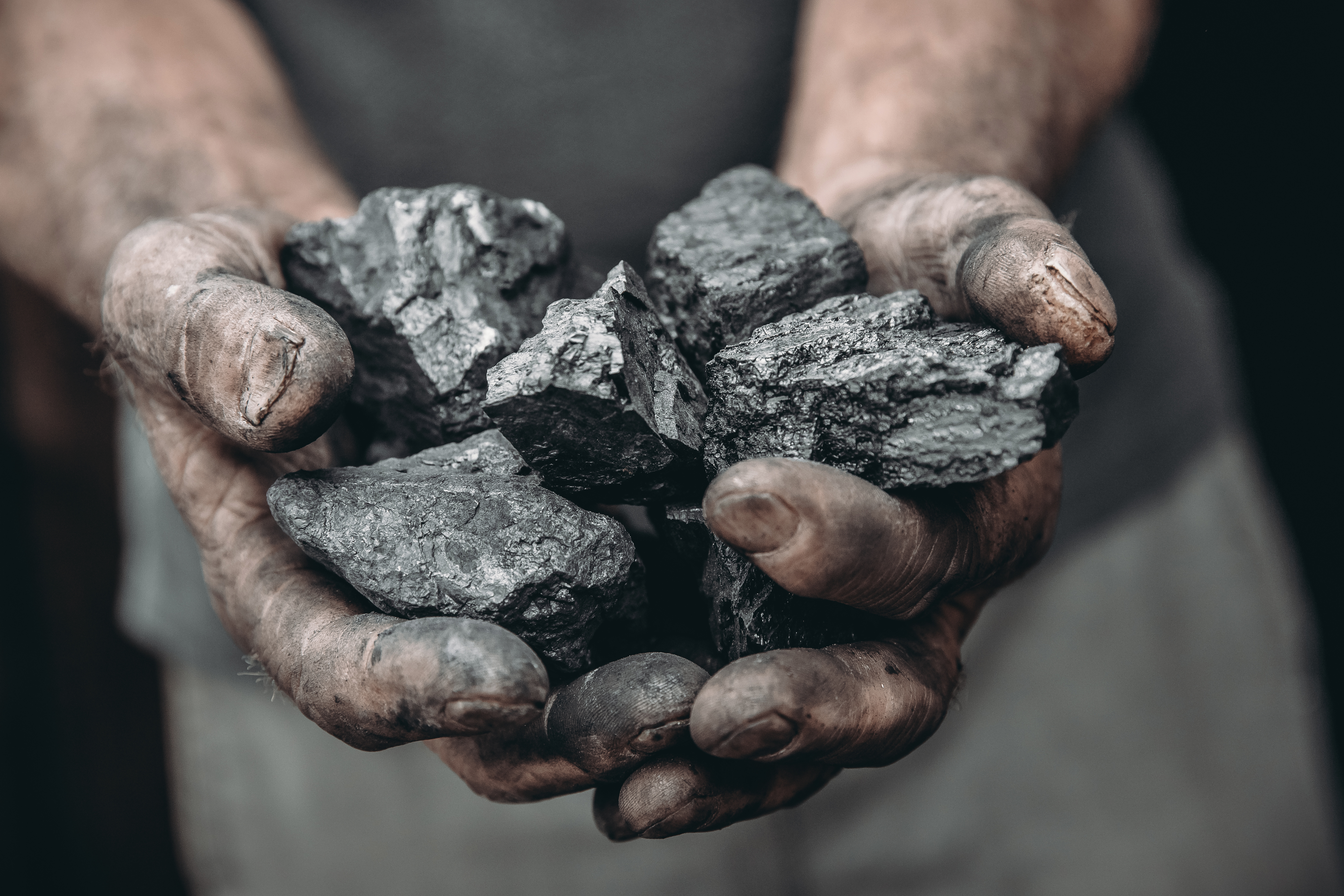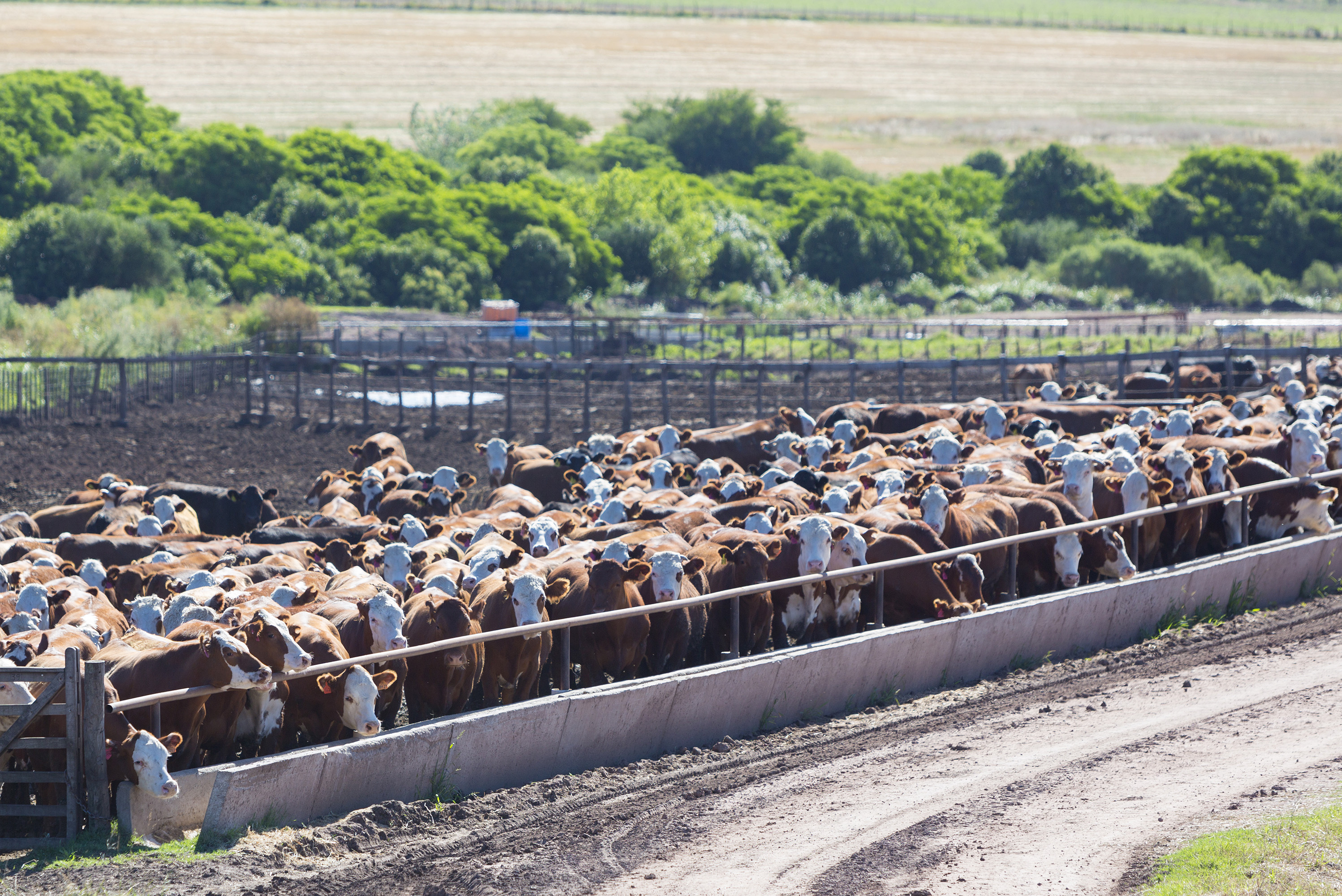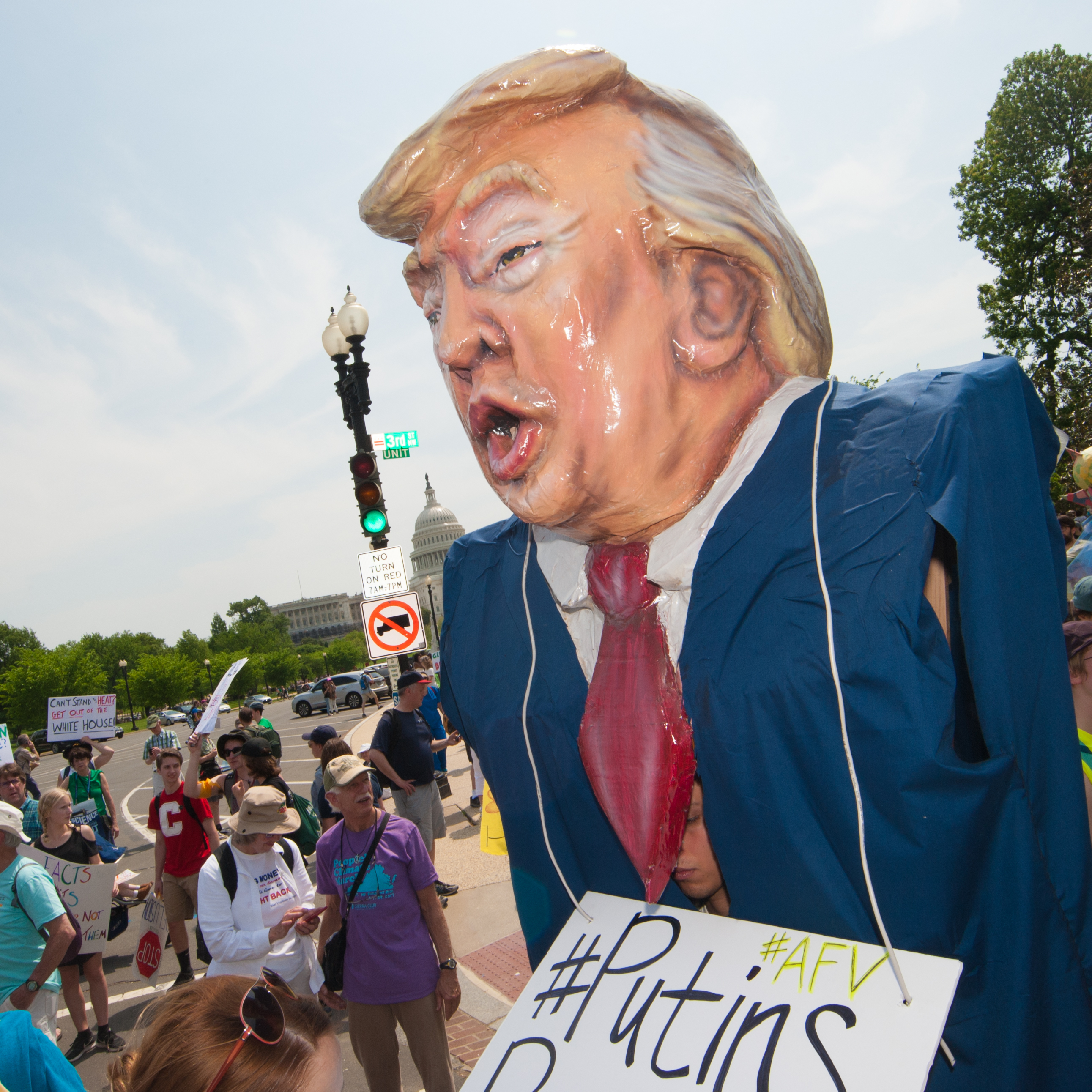A net zero future
Deputy Vice-Chancellor (Cornwall) at the University of Exeter
- Climate change is the most serious issue that our planet faces. Since the Industrial Revolution, the level of CO2 has shot up from 280 parts per million to over 415 parts per million.
- The global warming that we are responsible for will be around for many generations after us. However, there are many actions we can take. If we reduce emissions to net zero by 2050, it’s possible we can restrict global warming to a further 0.5 degrees
- Currently, our economy is entirely based on the burning of fossil fuels. We’re going to have to form a different type of economy that favours a zero carbon transition. We have about 30 years, between now and 2050, to lead to zero carbon.
- There are still people who deny that climate change is happening. Others say that it’s not as bad as we’re being told. Science still has much to do. However, you don’t have to go too deeply into the science to know how obvious the message is.
- What we have to understand is that there are vested interests at stake. There are people and organisations that make money out of the fossil fuel economy and it’s in their personal interests to make sure that we continue to operate in this way.
Damaging the planet

Photo by Parilov
Climate change is the most serious issue that our planet faces. I’m absolutely convinced of that, after seeing what’s happened over the last 170 years. Since the Industrial Revolution, which is when we started burning fossil fuels at an industrial scale, the level of CO2 has shot up from 280 parts per million to over 415 parts per million, which is where it’s at currently. (Editor's note: This means that for every million air particles, 415 of them are carbon dioxide molecules (0.0415%)) However, it’s continuing to rise, and if we keep burning fossil fuels, it’s likely that we will have hundreds of parts per million more in a few decades. By the end of this century, it could reach somewhere near 1,000 parts per million, which will be seriously damaging to our planet. As a consequence of the atmospheric warmth that would result from that, about 10 degrees warming awaits us, because that’s what the world was like the last time that we had nearly a thousand parts per million of warming. Since 1850, the levels of CO2 have gone up, and it’s now one degree warmer than it was. In the polar regions, the effect is double – a fact known as polar amplification. One of the reasons that we’re concerned about the polar regions is that, as the sea ice starts to shrink, a white reflective surface that bounces the solar energy out into space is replaced with a dark surface, like the land or the ocean, that absorbs the solar radiation. It’s a feedback process, and it’s underway in both the Arctic and Antarctica.
Acknowledging our responsibility
The first thing to know is that we are responsible for global warming. Also, we are absolutely certain that it is happening and we know we can do something about it. In fact, we’re the first generation that understands the gravity of this. We can’t blame the people who started the Industrial Revolution and didn’t have the knowledge, so it’s incumbent on us to make sure that we do something about it. Carbon dioxide is something we should start thinking about. It isn’t the most potent greenhouse gas – methane is far more potent – but the reason we focus on carbon dioxide is because when it goes up into the atmosphere, unless we draw it down and actively remove it, it remains there. Therefore, if you get to a condition where the level of CO2 is 1,000 parts per million, as it might do if we keep burning fossil fuels, it could take hundreds of years for that to naturally fall down.
The global warming that we are responsible for will be around for many generations after us. However, there are many actions we can take to stop it going further. If we can find a way to reduce emissions to net zero so we’re not emitting any carbon dioxide in the atmosphere by about 2050, it’s possible we can restrict global warming to a further 0.5 degrees. We’re locked into that, and that’s 1.5 degrees warmer than it was in 1850. How do we go about doing that? There are many things that are important to this. We could think about each sector in terms of contributions that they can make.
Changing the energy and transport sector
The electricity sector has traditionally been developed by coal, oil and gas. There are many coal-fired power stations being built at present, which is a shame, but in the last 20 years we have developed a renewables market that is making wind power and solar power far cheaper than it used to be: it’s comparable to burning fossil fuels in terms of the amount of money that it costs. We are getting better at building wind farms and solar farms, and we’re starting to place them in environments where it’s always windy or it’s always sunny. One of the problems people see with renewable energies is that they might be interrupted by changes in the weather, but if we put solar and wind farms in places where weather rarely changes, we get a constant supply of electricity. Indeed, I believe the future will be dominated by renewable energies and very large grids that can transport electricity over continents.
With regard to transport, it seems strange to think that every single car manufacturer in the world now has a plan to phase out its internal combustion engine production and phase in electrical cars, because just 20 years ago they really didn’t have that plan at all. The reason for the disruption to that market comes as a consequence of Elon Musk, CEO at Tesla, making electric cars appealing. People now want to have an electric car. They look cool, they drive quite well and their emissions are far lower than with internal combustion engines. Therefore, disruption to our market can be a very good thing, from a carbon reduction perspective. I suspect we’re going to see disruptions in many other sectors: in agriculture, in manufacturing and so on. It’s not going to be easy – it’s going to need government incentives to start to push us in the right direction.
Reducing our personal carbon budget

Photo by Watch the World
Another great way to reduce global emissions is to think about our own personal carbon budget and try to reduce it. Flying less, for example, or eating less meat, which is very carbon-intensive. It’s simple enough to do: we can become flexitarian. In fact, it’s very difficult to see how we can sustain a zero carbon future with meat consumption in the way that it is right now. It is completely possible to live a healthy, productive life by using less and thus having the industry responding to the need to emit less.
Direct carbon capture from the atmosphere
Even doing those things might not necessarily be enough. Unfortunately, one thing we might have to consider is direct carbon capture from the atmosphere: machines that actually take the carbon dioxide out of the atmosphere, using chemical processes, and then bury that carbon dioxide. There are many people coming up with ways of guaranteeing a sustainable zero carbon future with the development of technology. It does have a cost, however, and one thing we’ll have to readjust is our way of thinking about the economy. Currently, our economy is entirely based on the burning of fossil fuels. We’re going to have to form a different type of economy that favours a zero carbon transition. On the whole, disruption is coming our way. We have about 30 years, between now and 2050, to lead to zero carbon.
The importance of universities
We’re all responsible for this, but I believe universities are critical. Universities change minds and they change the future. They teach people the skills that they need in the workplace in the next 10, 20 and 30 years’ time that can make a difference to the changes that we know we need to make. I would also argue that universities are starting to do a good job, but we are a long way from where we need to be. They need to have a better understanding in the role that they must play in this phenomenal transition that has to come our way. Essentially, they have to train the next generation of leaders on this planet, who are in universities now. Are we training them with the right skills that they need to tackle this problem?
My own university, Imperial College London, has an amazing programme in its business school: Climate Change Management and Finance. Bizarrely, it’s the only business school that we can find that has a dedicated climate programme. I would argue that’s not sustainable because in a few years’ time, most business schools are going to have to take climate change much more seriously than they do now. We need to change the world, and the only way we can do that is if everyone comprehends the problem.
Scientists' influence on the general public
Scientists have done an amazing job in understanding the problem of climate change and they have done so through an international organisation called the Intergovernmental Panel on Climate Change, which gathers published peer-reviewed scientific work and synthesises it, providing a whole series of reports about the state of our planet. There are numerous lines of independent evidence that repeatedly show human-induced global warming. We are responsible for it, but we can take action to change its course. Around 20 years ago, there were a lot of sceptics. Politicians were sceptical; businesspeople were sceptical; the general public was sceptical. However, I don’t see that too often these days. I see a general understanding and acceptance that those things are now happening, which is a triumph for science. Science has led the way in terms of putting the observations that are so clear to scientists into the public arena and allowing people to understand that this is happening – and that it’s serious. We have a responsibility to the future to act on it now, and we need to do that because scientists alone aren’t capable of the solutions that are needed. Everybody needs to be part of this solution. Businesses need to be part of it; behaviour needs to change; the way that we live on this planet needs to change. It’s that transition from scientific knowledge to societal modification that is going to characterise the next 10, 20 and 30 years.
Climate change deniers and lukewarmism

Photo by Rena Schild
There are still people who deny that climate change is happening. It’s quite difficult to have a conversation with somebody who’s not prepared to accept scientific facts, and that’s certainly the shame of it. Some people have simply made their minds up about climate change and for some reason they simply won’t change them. However, there’s another type of scepticism that we should also be concerned about. Some people are now starting to regard climate change as happening, but they believe one of these three things: it’s either not happening as badly as some scientists claim, or they say it’s happening but we can’t possibly afford to make the changes that have been required, or they say it’s happening but something like 3% of gross domestic product growth is more than enough to cover the damages. Now, that’s called lukewarmism. People say that climate change is happening, but it’s not as bad as you’re being told. This line of approach is particularly worrying because, firstly, it’s wrong and we know it’s wrong. Secondly, it seems to be a voice of reason. Imagine your doctor gives you bad news. You’ll probably want to get a second opinion, so you’ll go to someone else who appears to be a doctor and they’ll give you news which isn’t as bad. You will almost certainly veer with the second advice because it’s human nature to do so. That’s why this lukewarm problem is such an issue for climate science. It is wrong, but for people who don’t understand the science, it might appear that what they’re explaining has some truth to it, when in actual fact it doesn’t.
Science has no vested interests
Science still has much to do. There are still many things, of course, that we don’t know about the natural world. There are measurements that we need to make continually to underline the issue of climate warming that is still occurring. However, you don’t have to go too deeply into the science to know how obvious the message is – you don’t have to have been in Europe in the summer of 2020 to understand the amazing warmth that we’ve had in the Arctic, reaching 38ºC. The last 10 years have been the warmest 10 years since the Industrial Revolution. The second warmest 10 years since the Industrial Revolution were the previous ten years. And yet, for some reason, there are still people who claim that it isn’t happening or it’s not serious. What we have to understand is that there are vested interests at stake. There are people and organisations that make money out of the fossil fuel economy and it’s in their personal interests to make sure that we continue to operate in this way. Unfortunately, we have to be very wary of climate scepticism and understand where it’s coming from. Science, I hope, has very little vested interest. I would love it to be the case that climate warming is not happening, and for me to find a piece of evidence that tells you it’s not happening, but I’m afraid to say that’s not true. If it existed, I would publish it, and I’d probably get a Nobel Prize for it. It does not exist. It’s not there. Therefore, we have to be very wary of when we hear voices that say it’s not happening, and carefully think about why they’re saying it. Almost certainly, it’s connected to a vested interest.
Discover more about
Fighting climate change
Siegert, M., Bacon, S., Barnes, D., et al. (2020). The Arctic and the UK: climate, research and engagement. Grantham Institute Discussion Paper 7. Imperial College London.
Waring, B., Neumann, M., Prentice, I. C., et al. (2020). What role can forests play in tackling climate change? Grantham Institute Discussion Paper 6. Imperial College London.